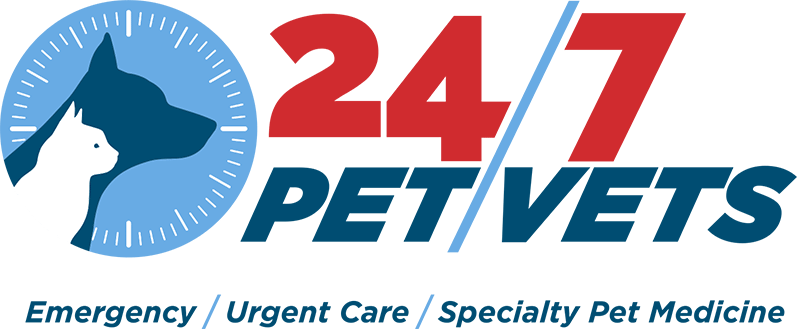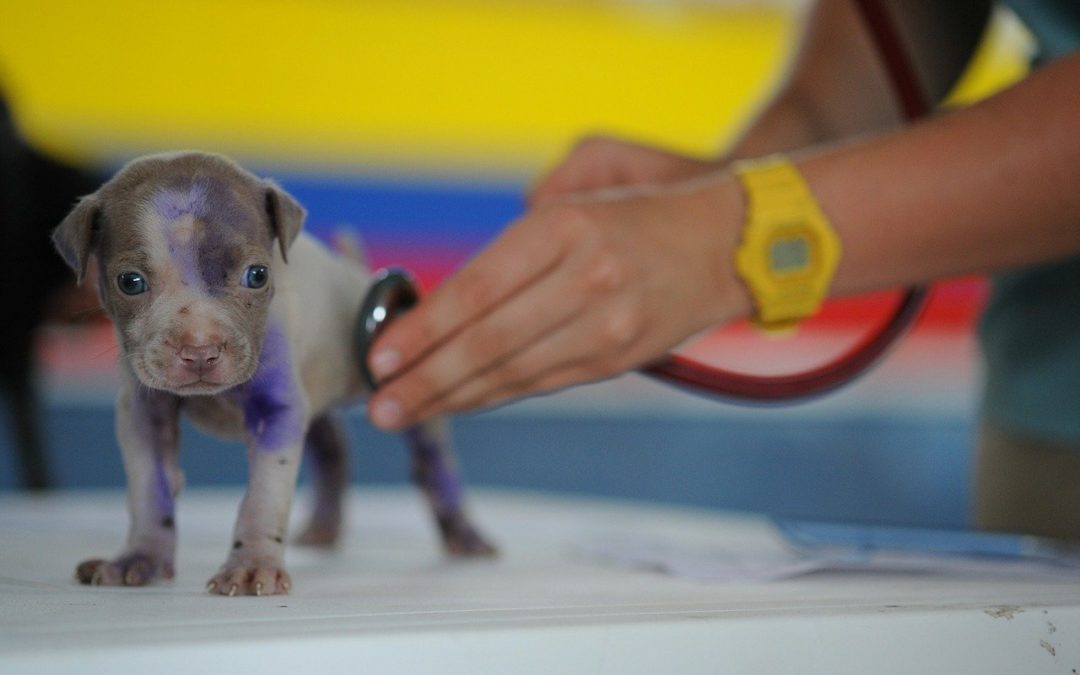You probably spring into a panic when you see your pet in any distress. However, it’s not always a true emergency that needs immediate treatment. It is essential to know when your pet needs urgent care in dire situations or if it can wait.
- Bleeding — If your pet is bleeding internally or externally, from a wound or their mouth, nose, or rectum, for example, seek medical help. Blood in the urine or stool should also be treated immediately.
- Choking — Panicked pets can easily bite, so take caution when trying to remove an object stuck in your pet’s mouth. If you can’t easily reach and remove the object, don’t waste time and head our way.
- Seizures — When your pet is having a seizure, don’t restrain them, but protect them from falling off furniture or downstairs. Seizuring pets can be unaware of their owners and may bite before they regain full consciousness.
- Poisoning — Do not try to make your pet vomit if they have ingested a toxin. Immediately contact an animal poison control helpline, whose veterinary toxicologists will provide the best plan of action to care for your pet.
- Burns — Chemical burns or those caused by fire are extremely painful and require extra care when providing first aid or moving an injured pet to bring them for emergency care.
- Trauma — A pet who has been hit by a car or in a fight can have hidden injuries that are much more severe than the road rash or small puncture wound you can see, so a full veterinary exam is necessary.
- Heatstroke — Heatstroke can prove fatal if left untreated.
- Difficulty breathing — Respiratory distress must be treated immediately to avoid a worsening condition.
With first aid tips from the American Veterinary Medical Association (AVMA), you can provide first aid care to help stabilize your pet until you can get professional treatment. If you come across an emergency and need immediate care, contact our team.

